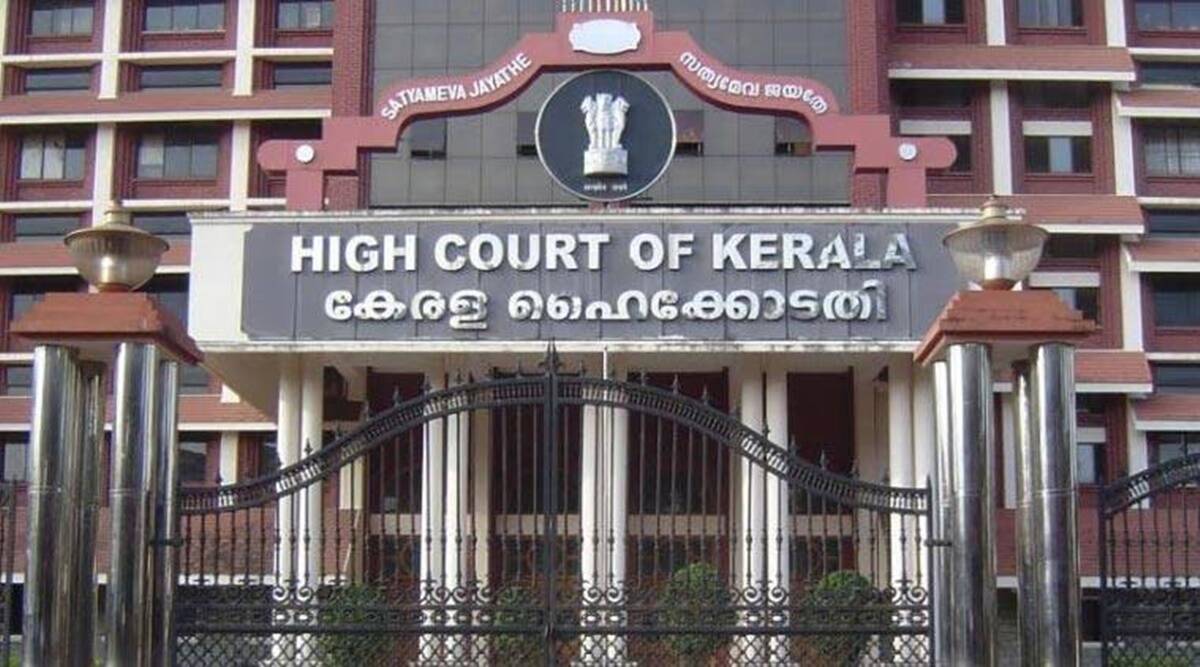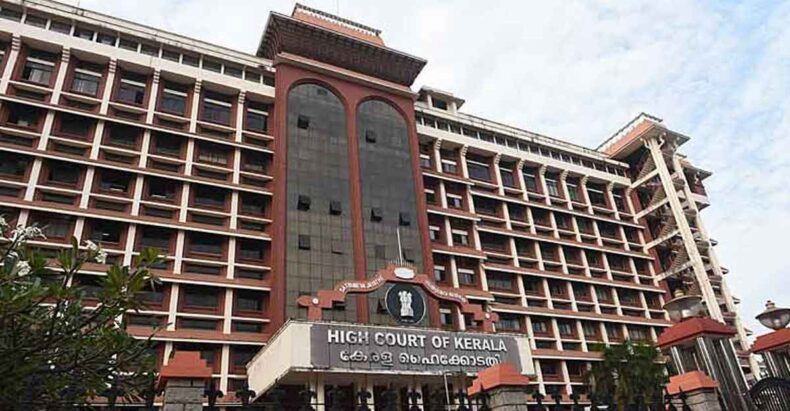
In a significant ruling, the Kerala High Court has declared that illness cannot be used as a valid ground to seek exemption from wearing helmets while riding two-wheelers. The petitioners, who claimed to be undergoing medical treatment, argued that they were unable to bear the weight of heavy objects, including helmets, on their heads. Citing the recent installation of AI surveillance cameras on Kerala’s roads, the petitioners approached the court seeking exemption. However, the court firmly rejected their plea, stating that no individual can be exempted from wearing a helmet while riding a two-wheeler.
Court’s Verdict: No Exceptions to Helmet Wearing
Justice PV Kunhikrishnan, presiding over the case, expressed a firm opinion that no citizen could be exempted from wearing a helmet while driving or riding a two-wheeler. The court emphasized that if the petitioners’ illnesses prevented them from wearing helmets, they should refrain from riding two-wheelers altogether. The judge underlined that the purpose of wearing a helmet while riding a two-wheeler is to protect the lives of citizens.
Petitioners Seek Exemption, Court Refers to Traffic Laws
The petitioners had sought directions from the court to grant them exemption from wearing helmets, directing their plea towards the Kerala State Police Chief and the Transport Commissioner. However, the court cited the unequivocal provisions of Section 129 of the Motor Vehicles Act, 1988, and Rule 347 of the Kerala Motor Vehicles Rules, 1989, which leave no room for ambiguity. These regulations firmly establish the obligation for two-wheeler riders to don helmets while on the road, leaving no leeway for exceptions or exemptions The court observed that the petitioners cannot evade AI cameras or violate the law. Safeguarding the lives of citizens is the state’s duty, and thus, the court maintained that there can be no exemption for the petitioners from wearing helmets, even if they claimed to be suffering from illnesses. The court stressed that there is no fundamental right for citizens to use two-wheelers without adhering to the rules of the land. The state provides public and private transport facilities, which the petitioners can utilize if they are indeed suffering from illnesses. Riding two-wheelers without helmets and attempting to escape AI cameras would be a violation of the law, the court emphasized.
Legal Representation and Court’s Observations
Advocates John Joseph and Angel Gloria V S represented the petitioners in the case, while Government Pleader B S Syamantak appeared on behalf of the state. The court firmly asserted that, irrespective of their medical conditions, the petitioners must comply with the law and prioritize their safety by wearing helmets. The court made it clear that evading legal requirements and attempting to escape surveillance cameras is not permissible
Conclusion
The recent ruling by the Kerala High Court solidifies the mandatory requirement of wearing helmets for two-wheeler riders and dismisses the notion of exemptions based on medical conditions. The court underscored the need to protect citizens lives and ensure road safety. Referring to Section 129 of the Motor Vehicles Act and Rule 347 of the Kerala Motor Vehicles Rules, the court reiterated that individuals cannot violate traffic laws by riding without helmets, even if they claim to be suffering from illnesses. The ruling serves as a reminder of the responsibility shared by both citizens and the state to prioritize safety and comply with established regulations on the road.













